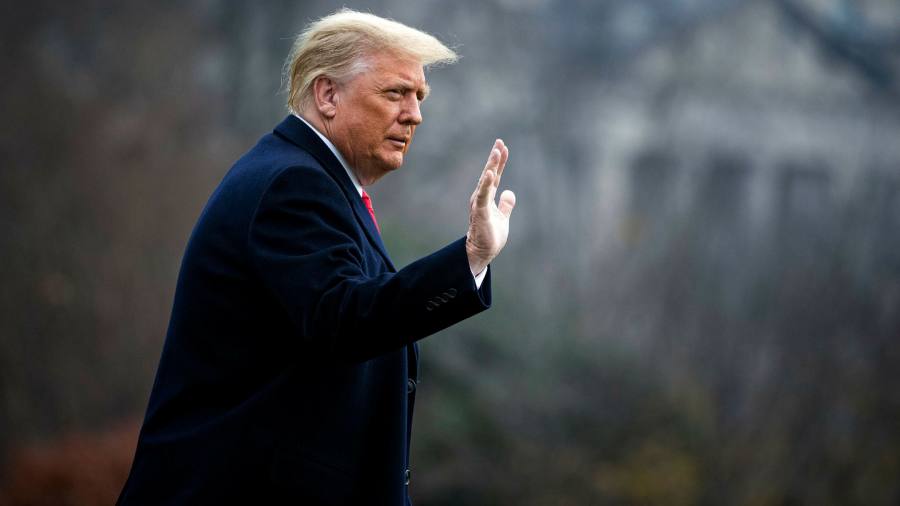During the deliberations over whether to ratify the US constitution in 1788, George Mason, the Virginian politician and scholar, warned against one particular inclusion: the right of a president to pardon people.
“He may frequently pardon crimes which were advised by himself,” Mason said. “It may happen, at some future day, that he will establish a monarchy, and destroy the republic.”
Donald Trump this week once more tested the boundaries of what voters will tolerate when it comes to presidential clemency, issuing pardons to 15 people.
They included two Republican politicians, four former private security contractors convicted of being involved in the deaths of Iraqi civilians, and two people convicted of crimes connected with the investigation into the president’s ties to Russia.
Mr Trump is hardly the first president to use his pardoning authority controversially, but historians say the outgoing president has acted unusually in how often he has used the…
